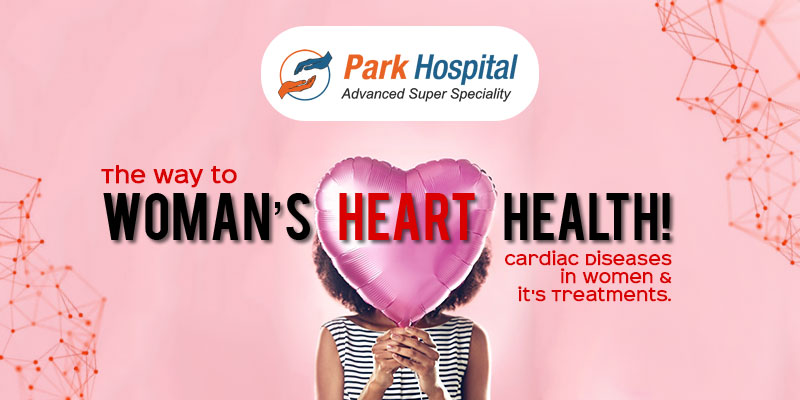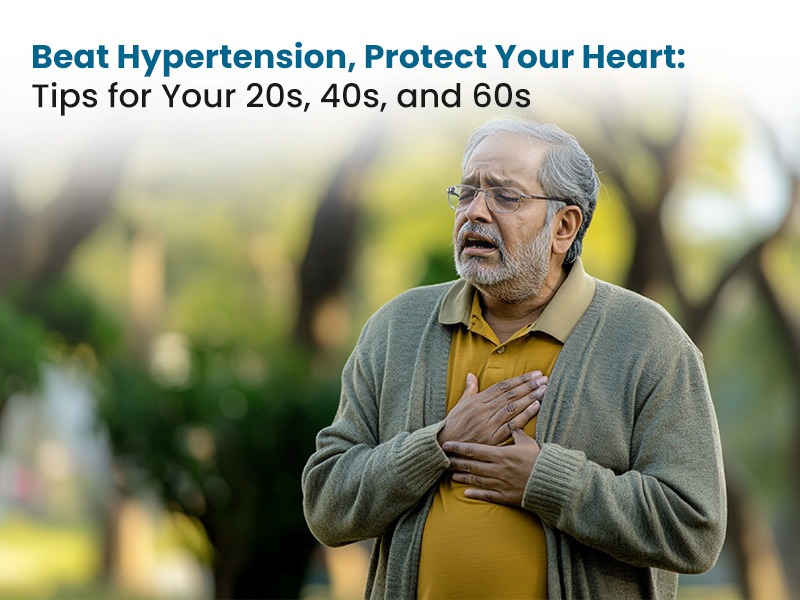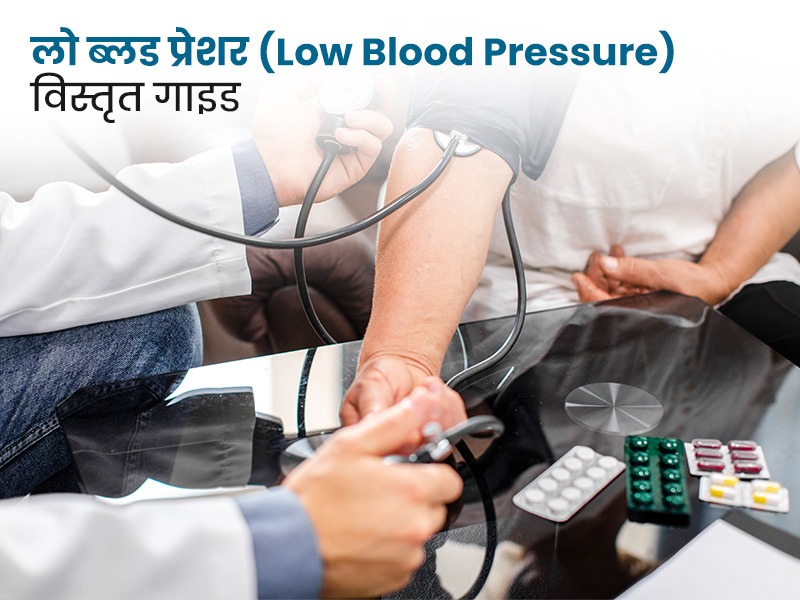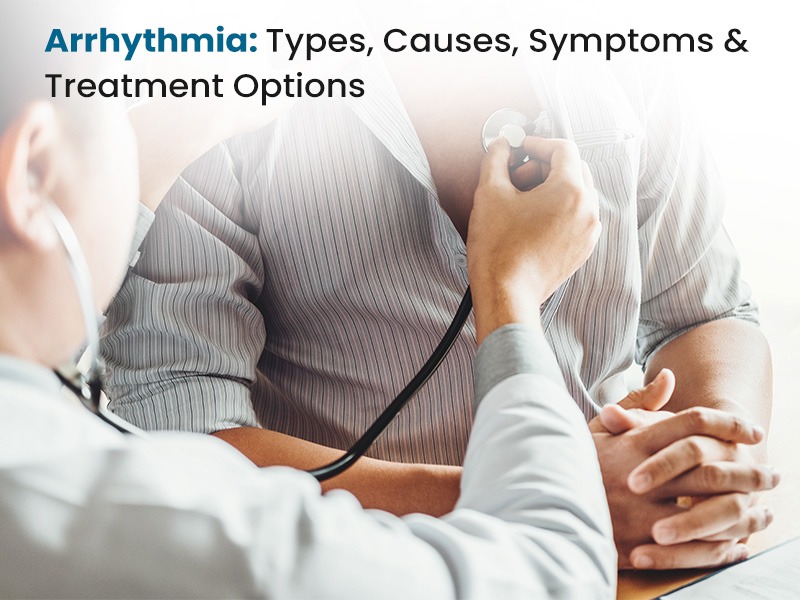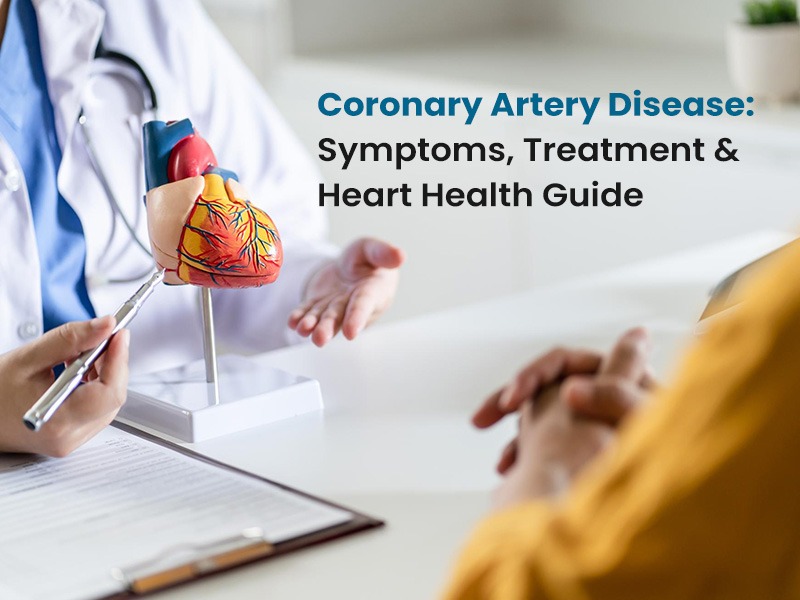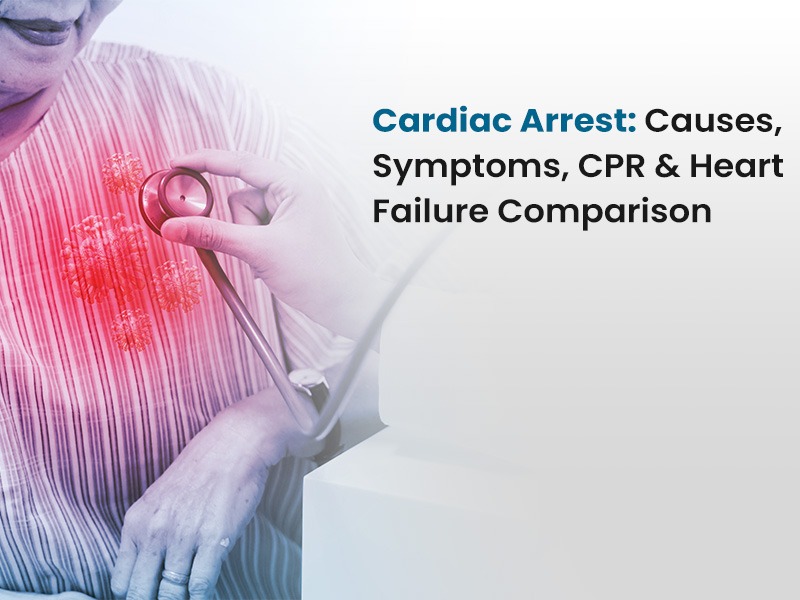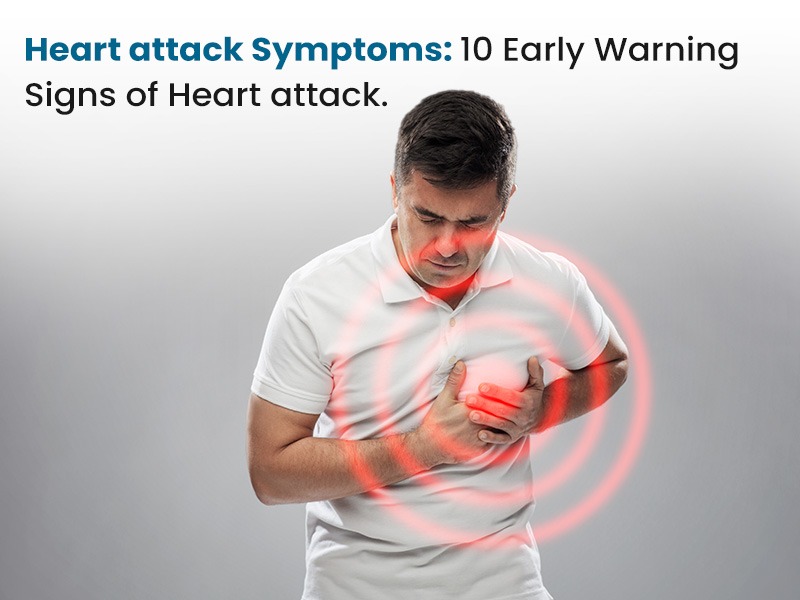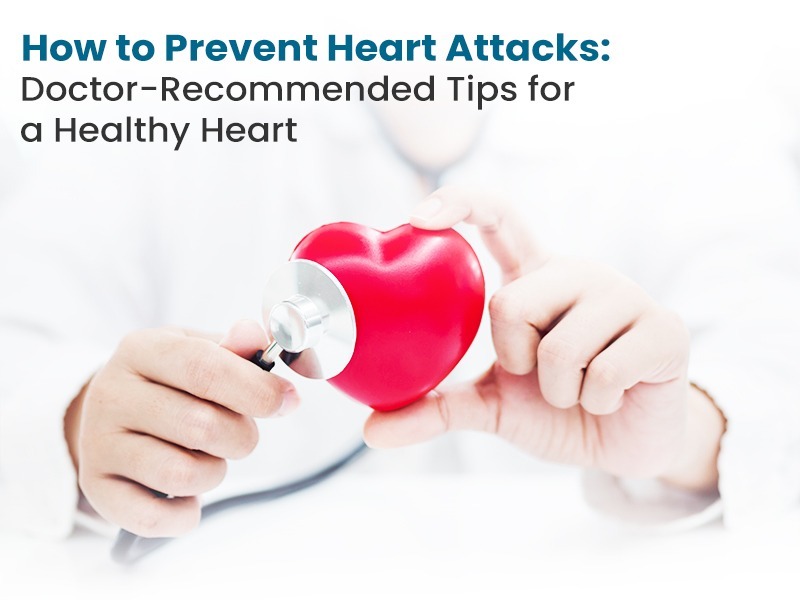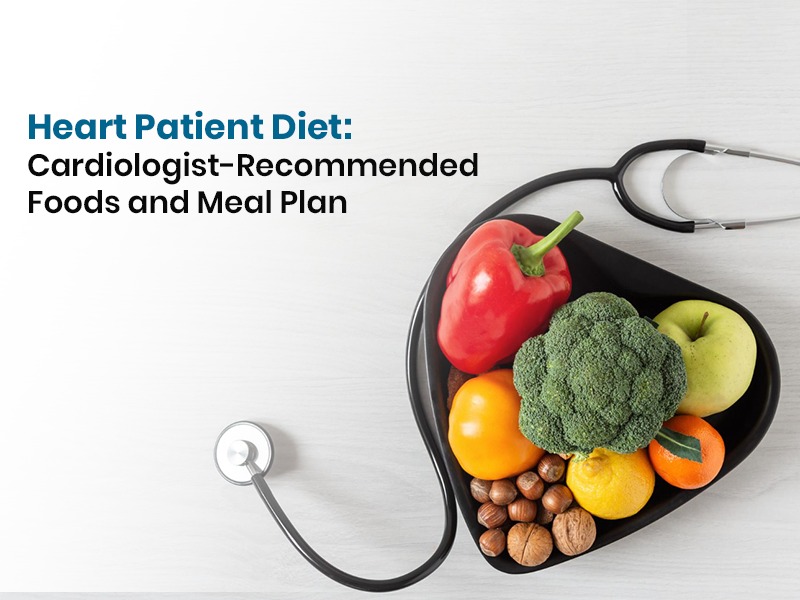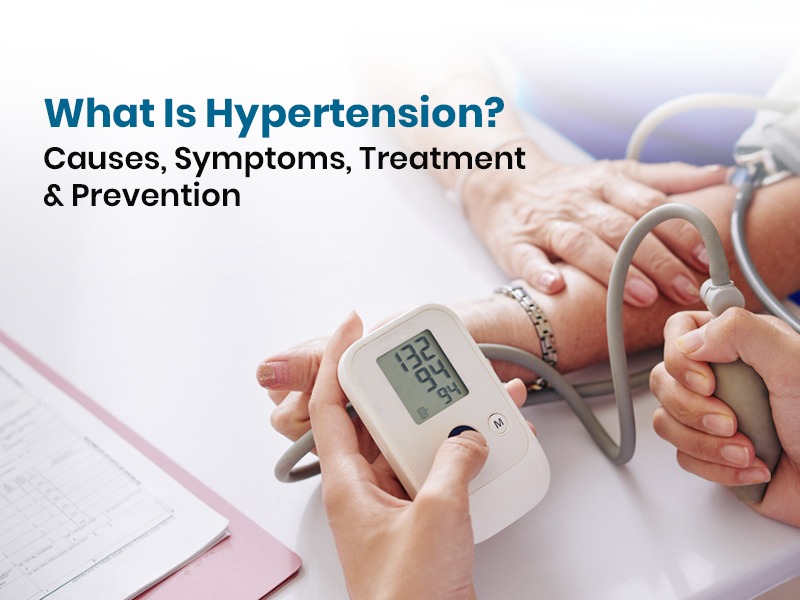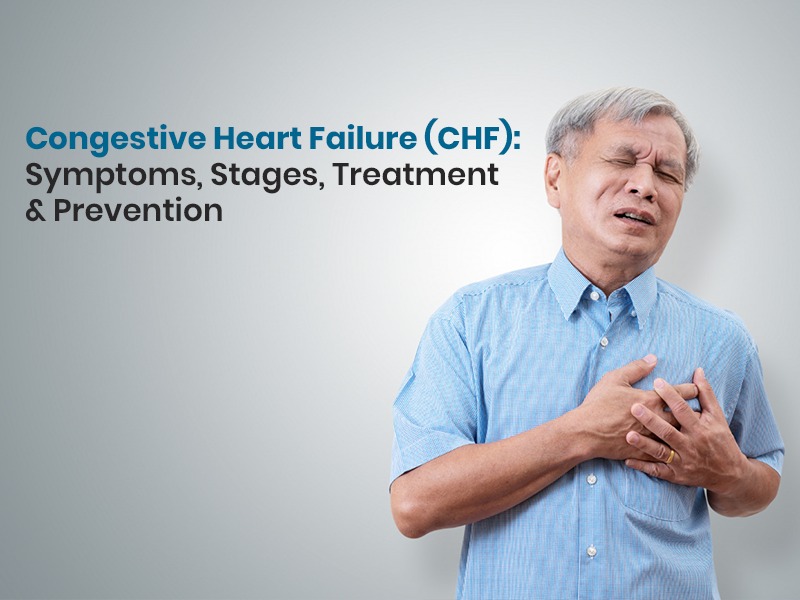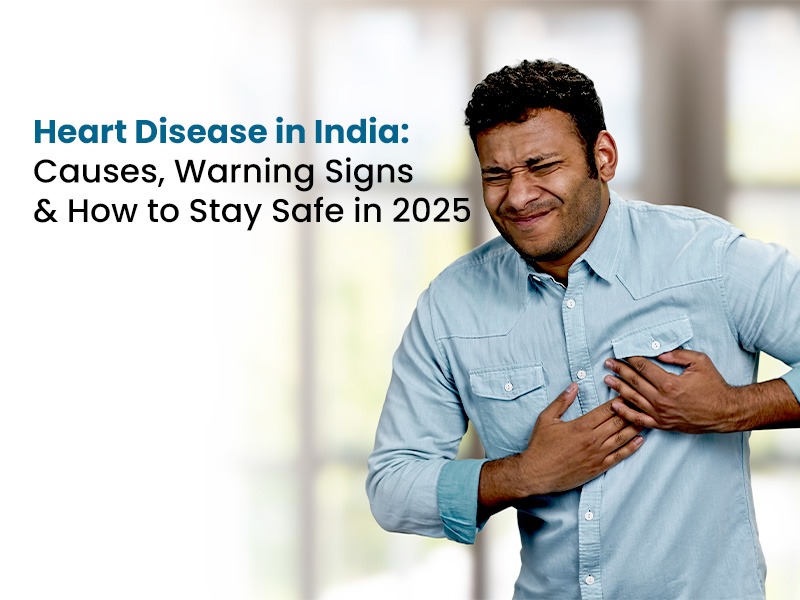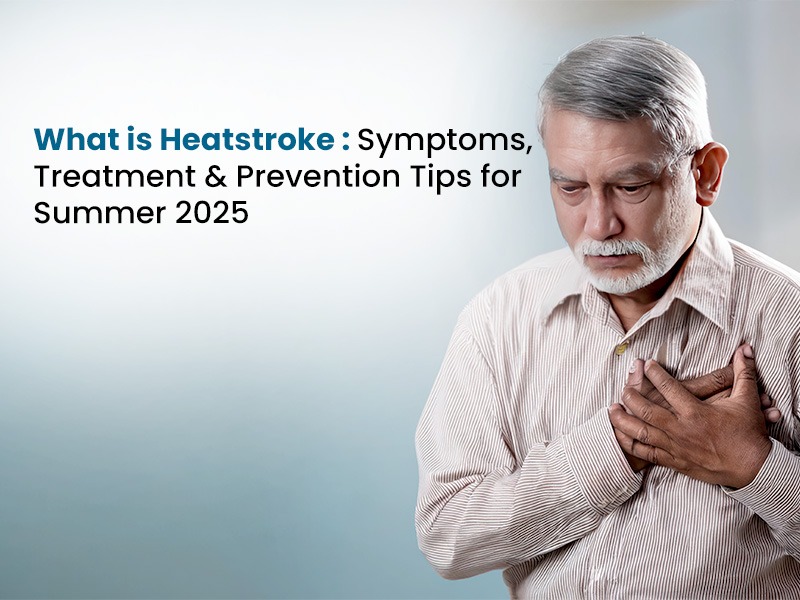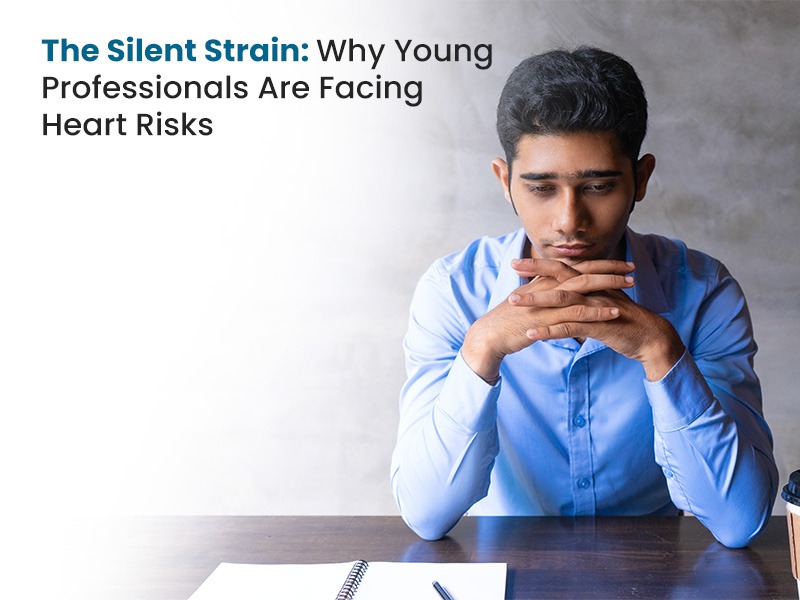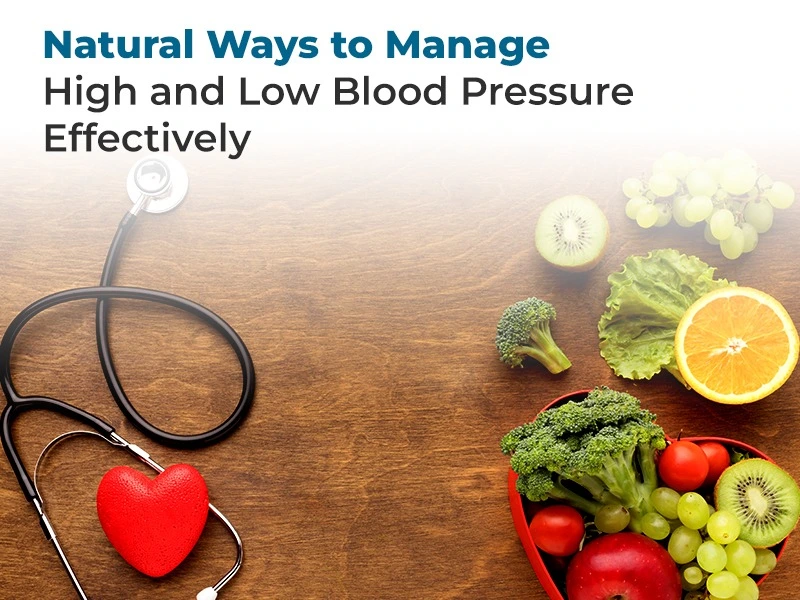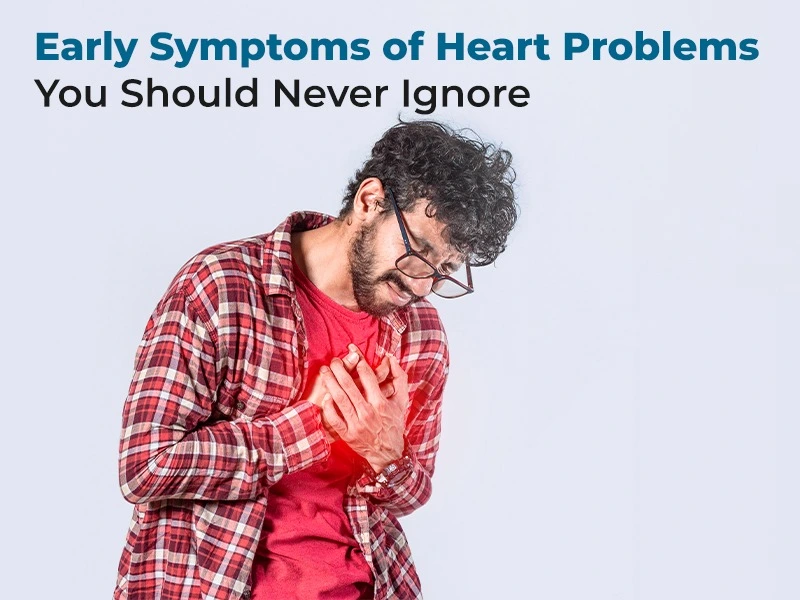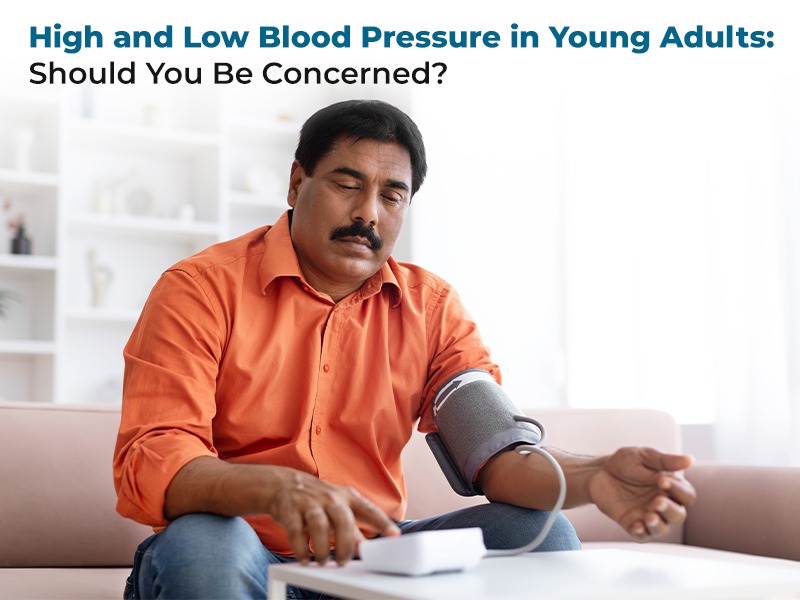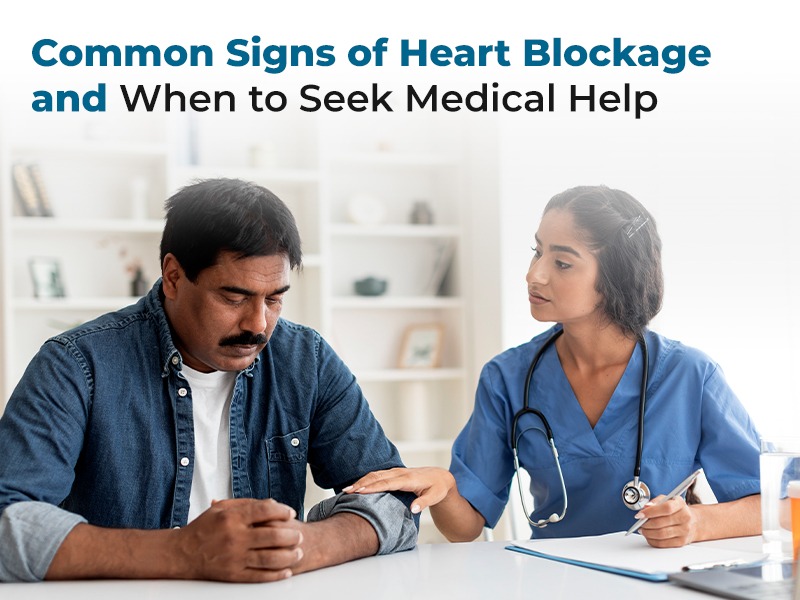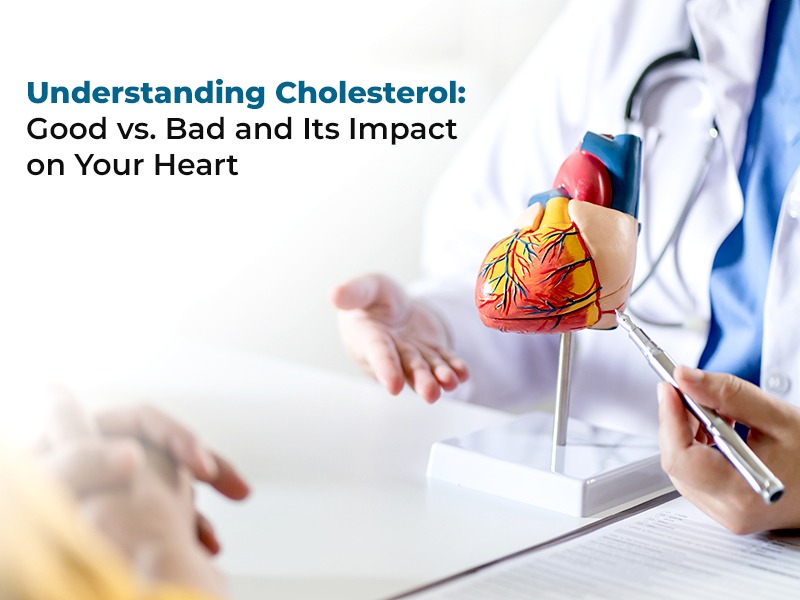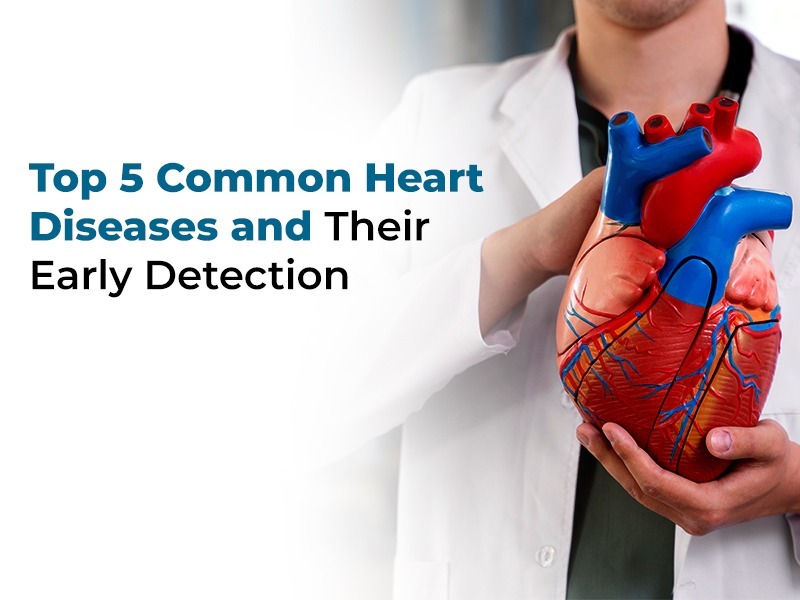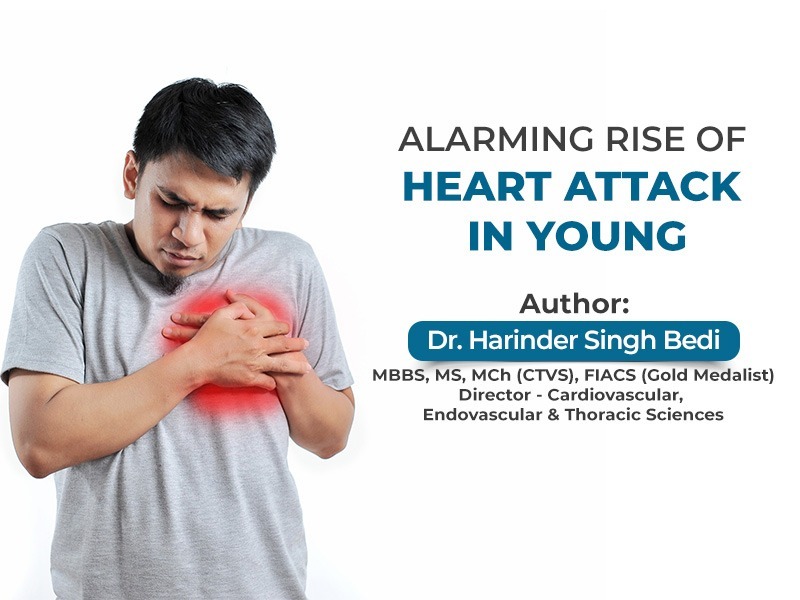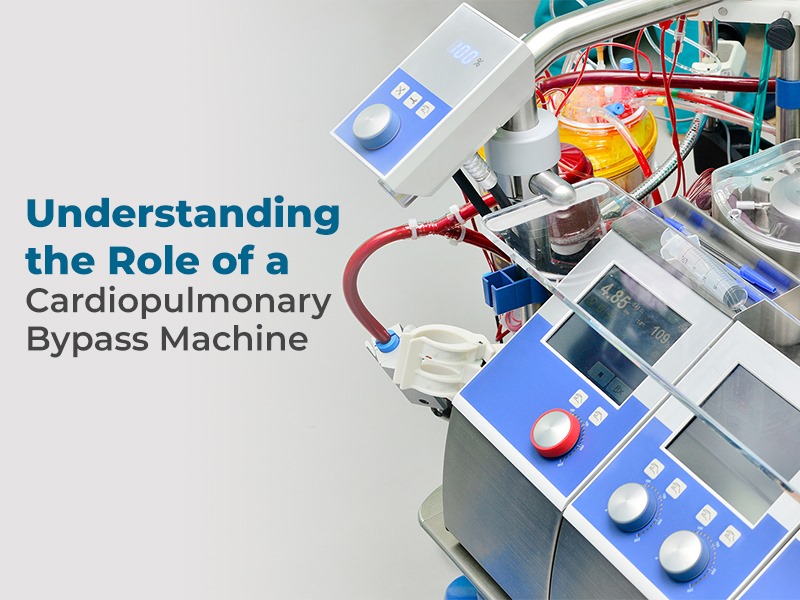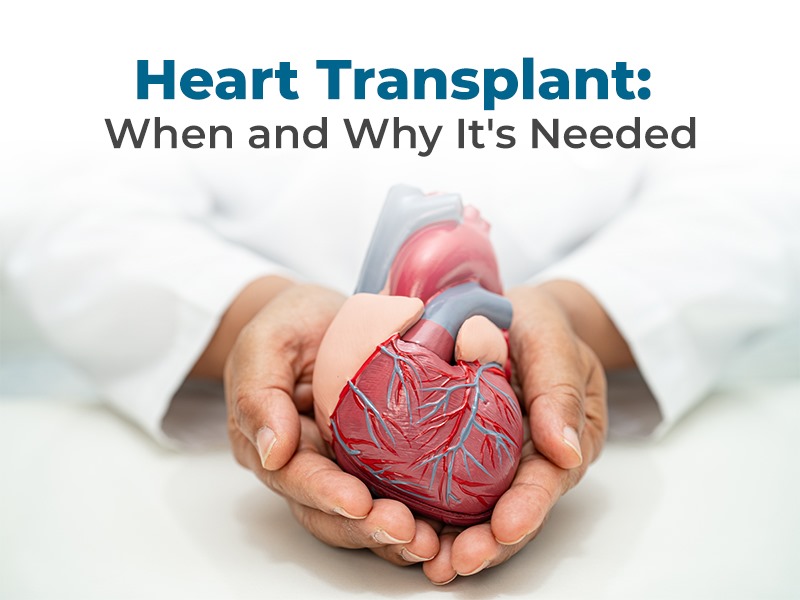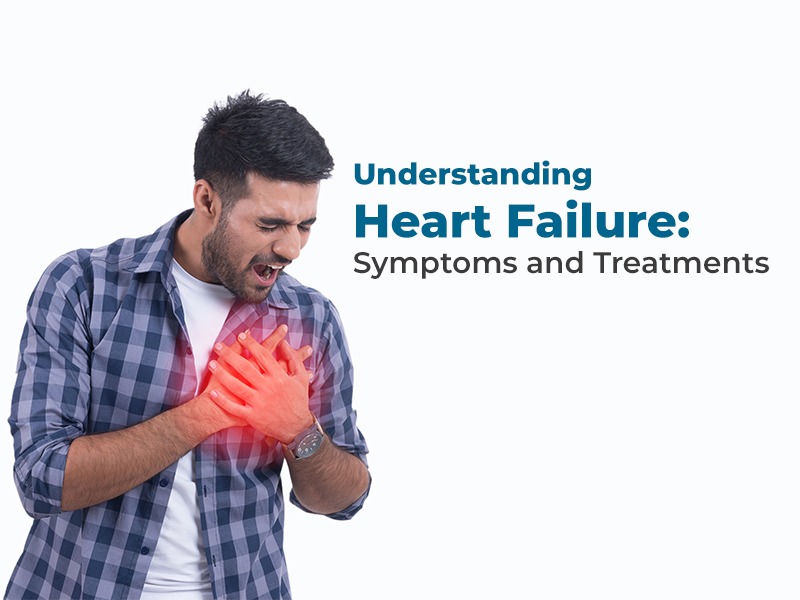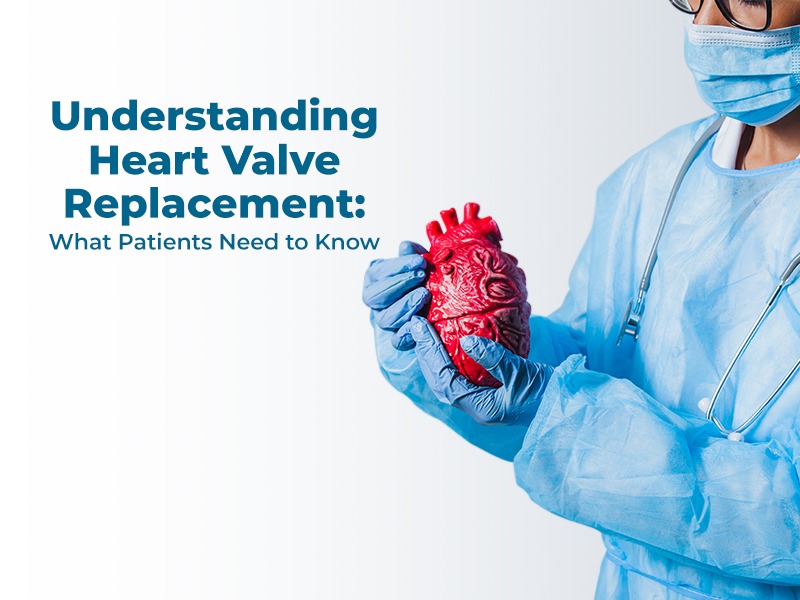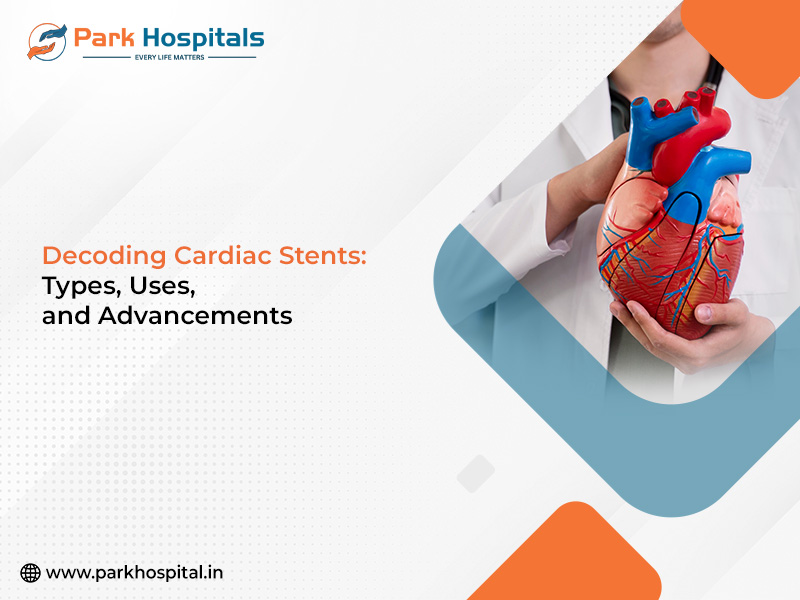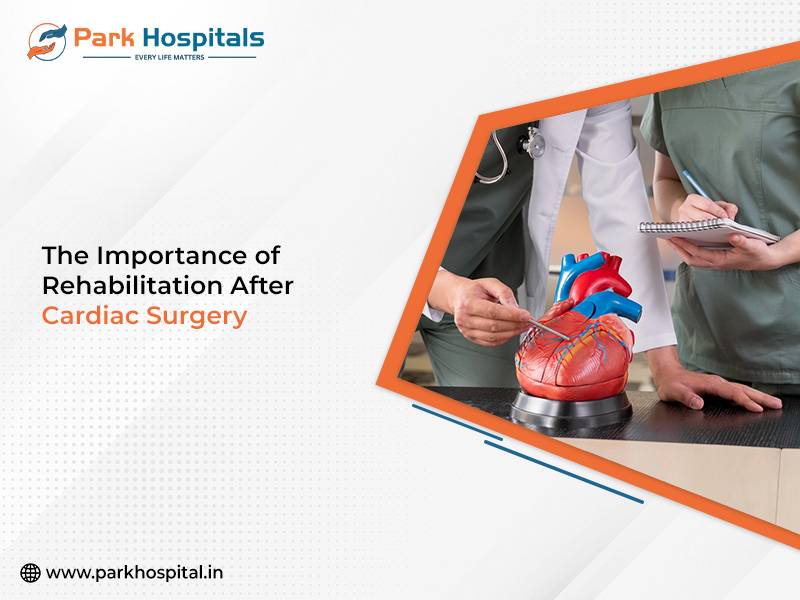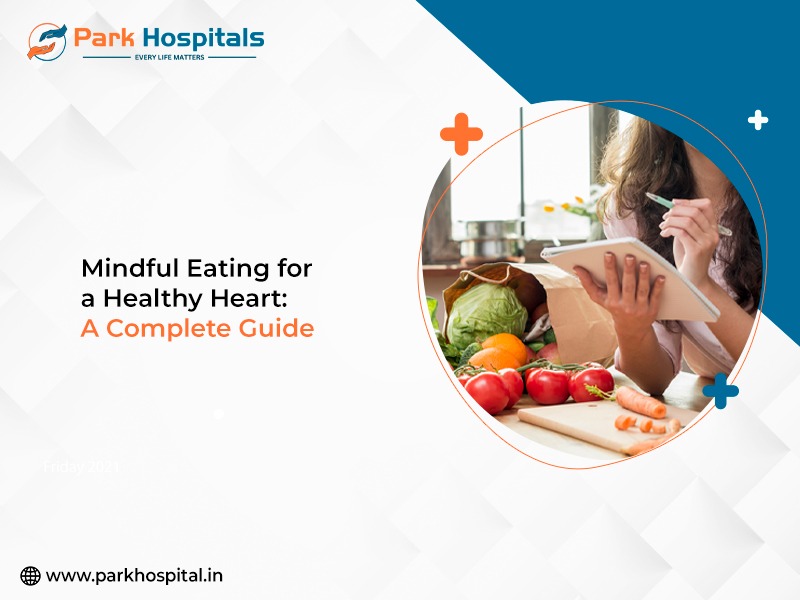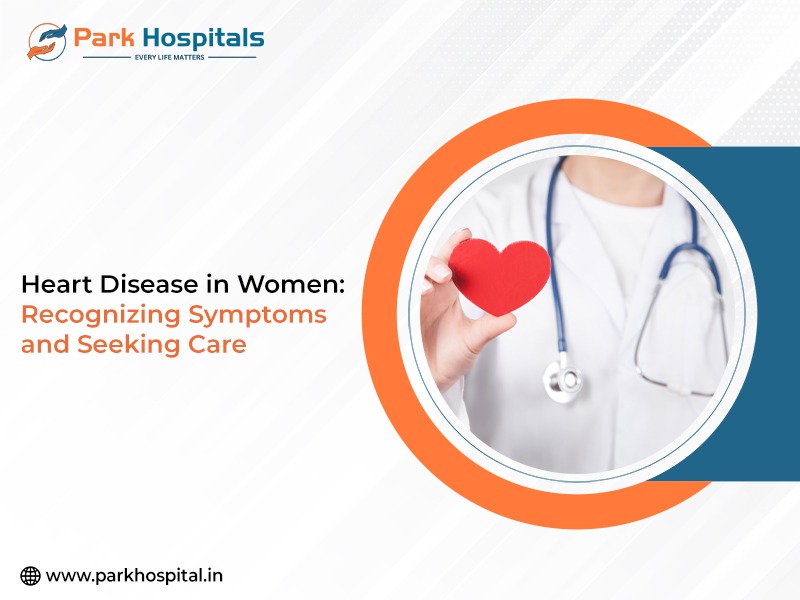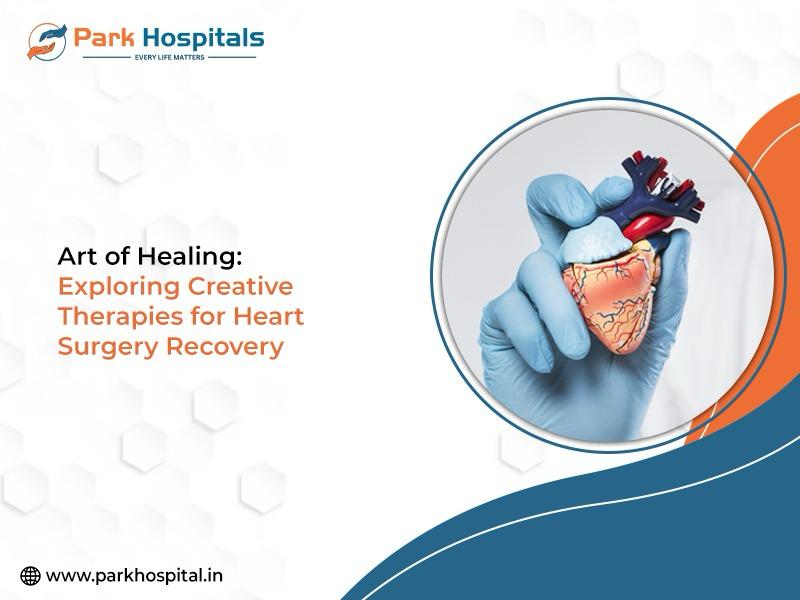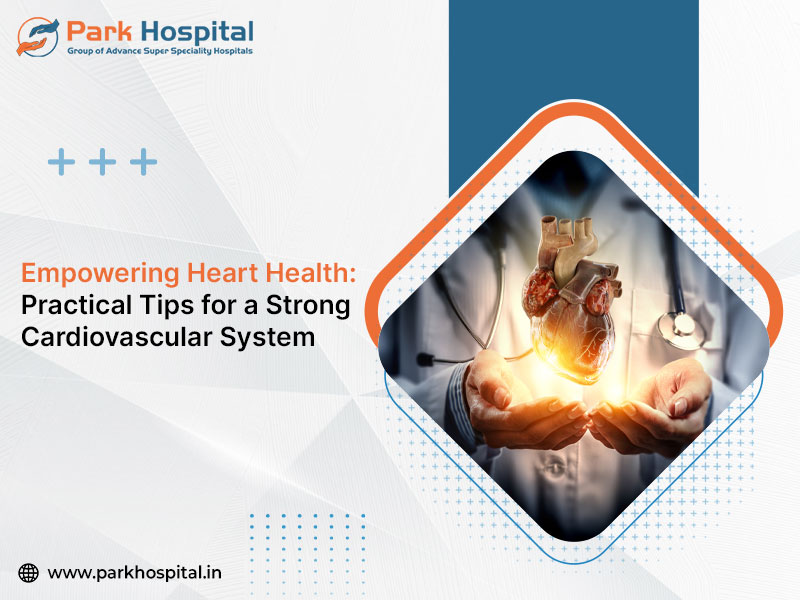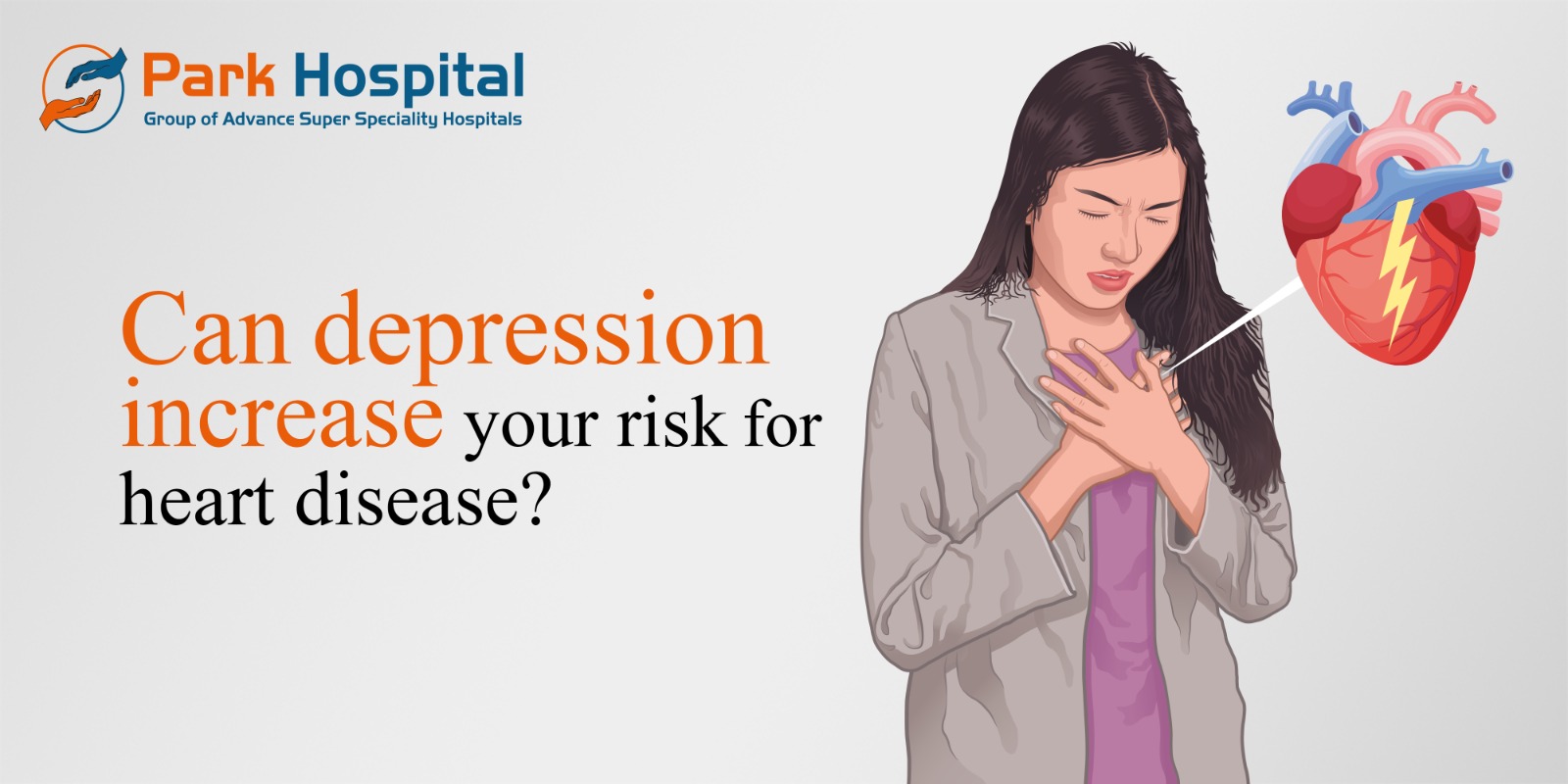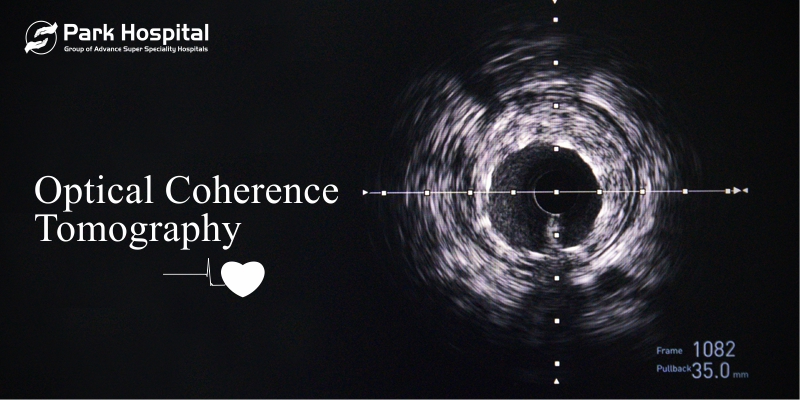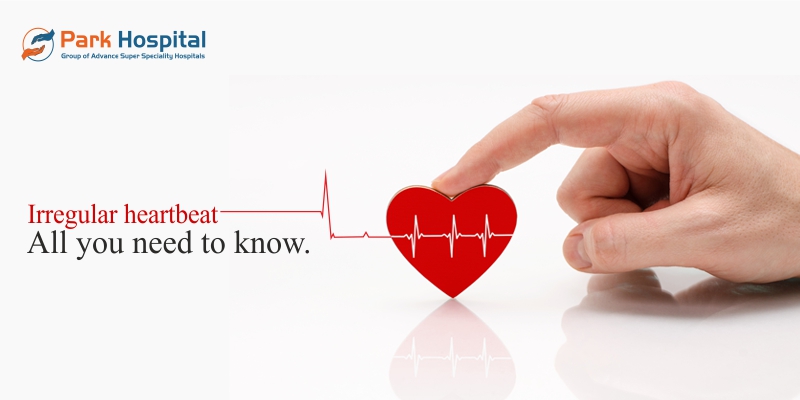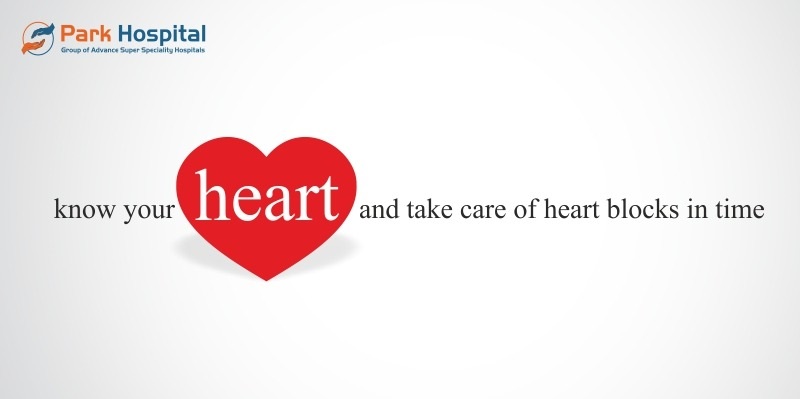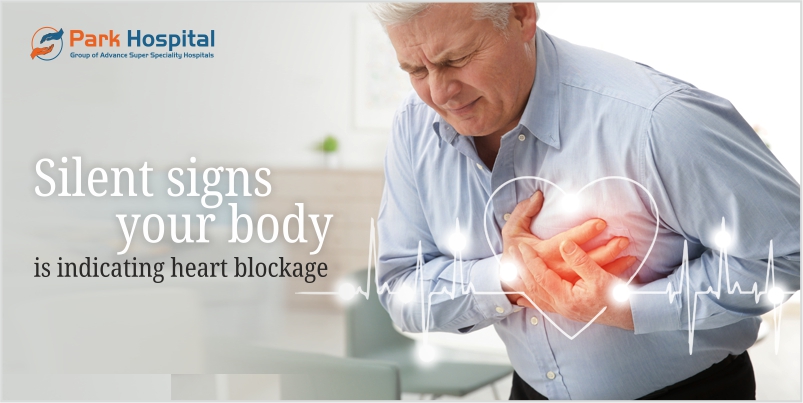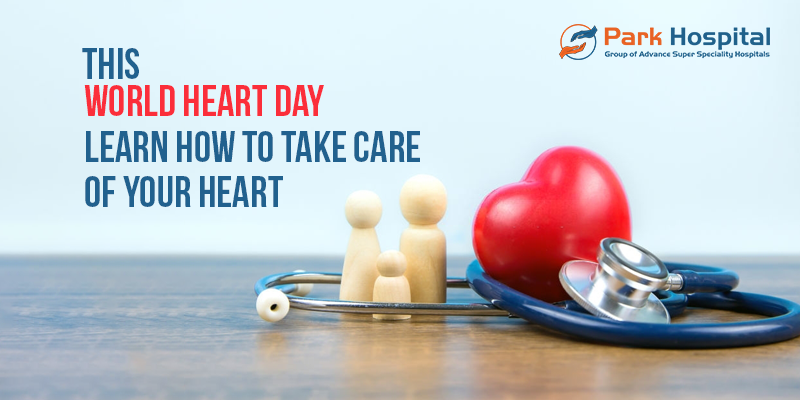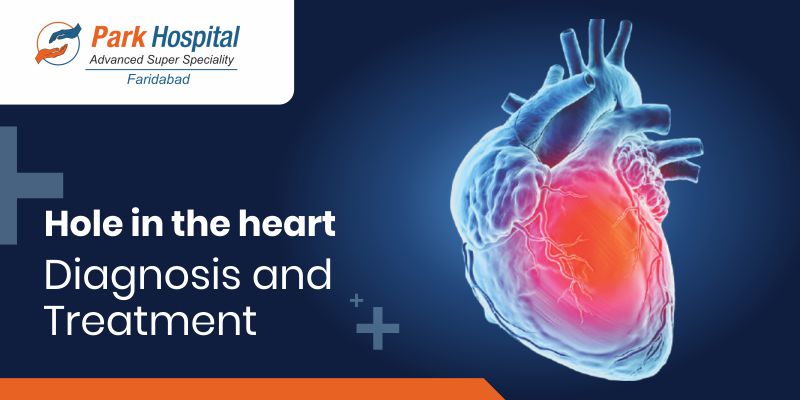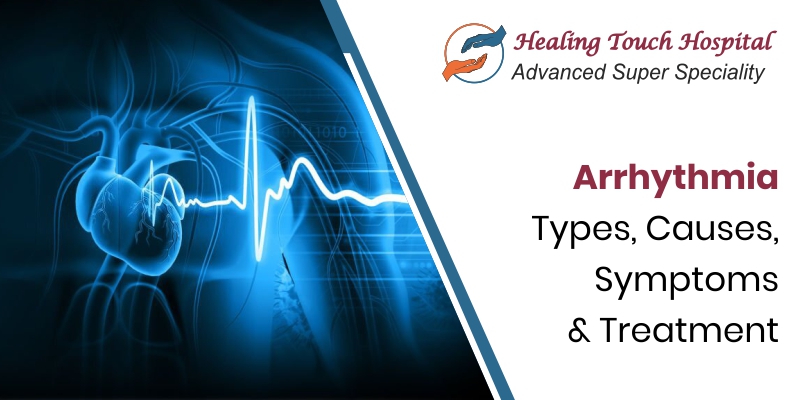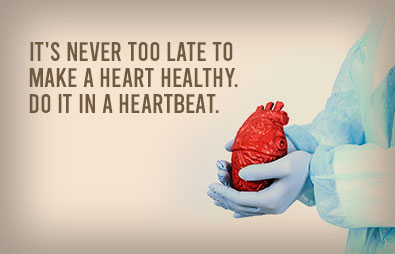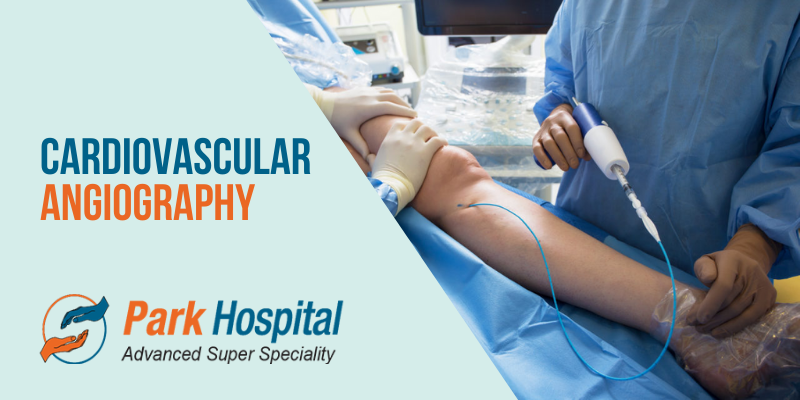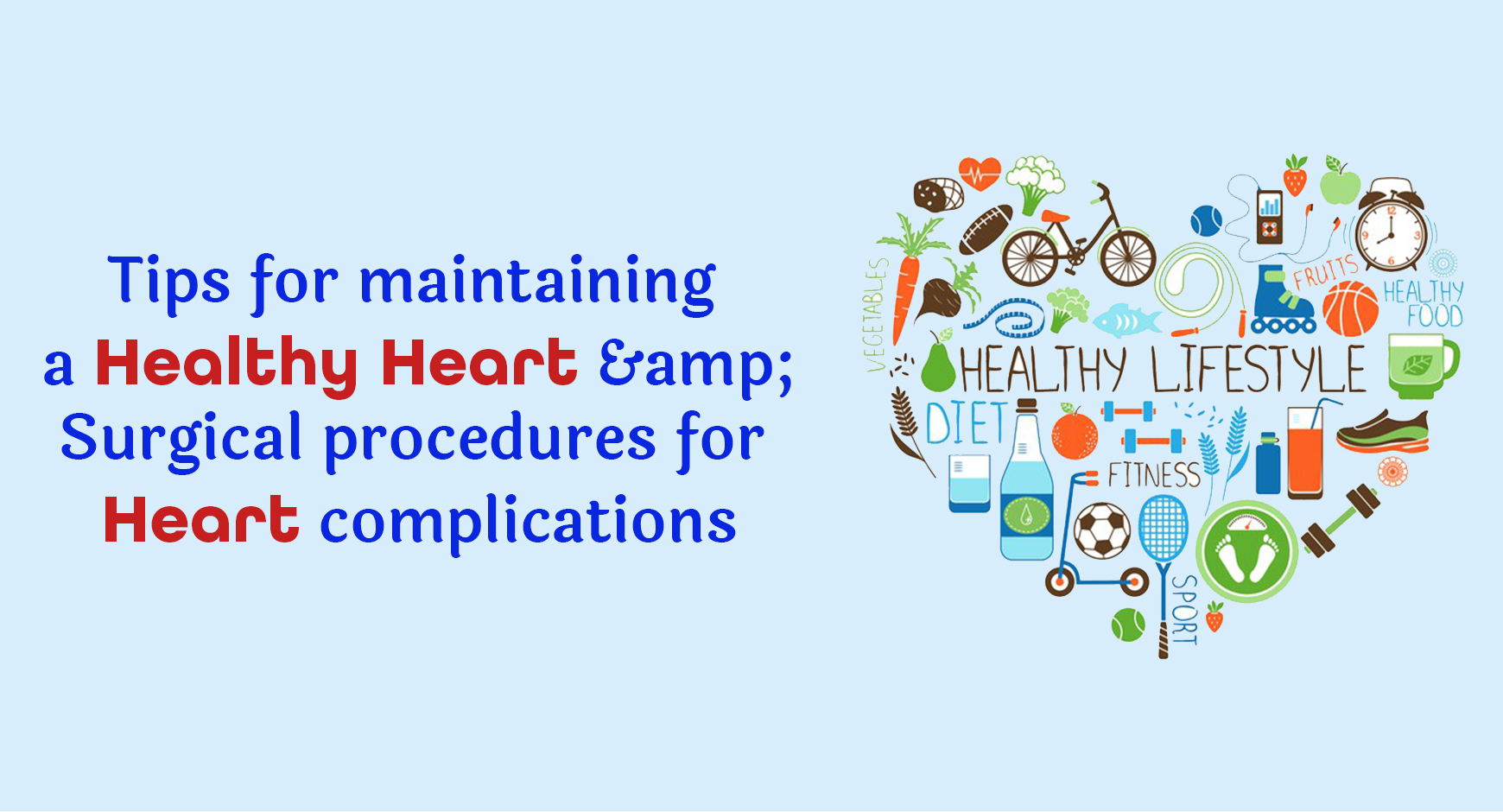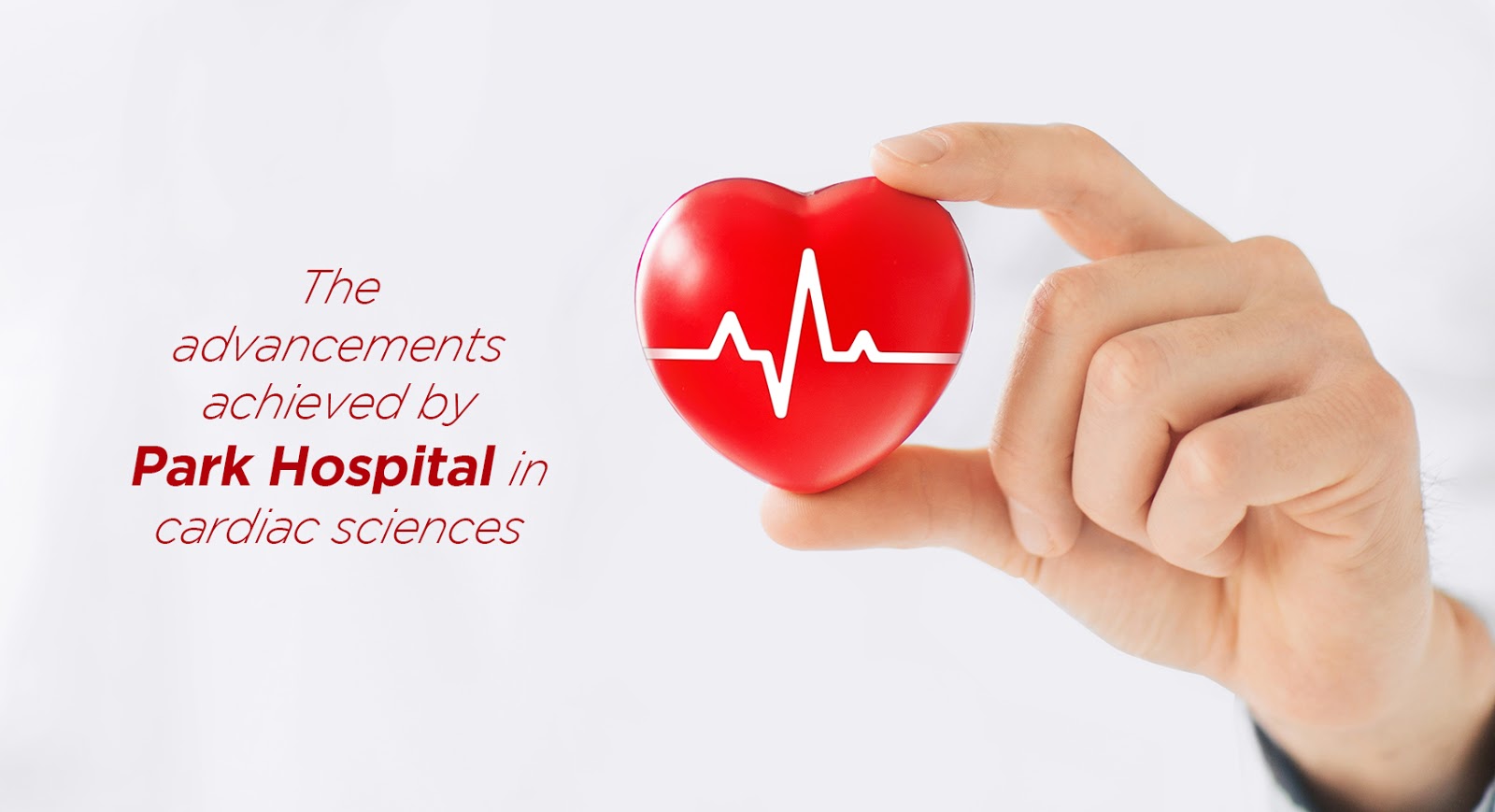Cardiovascular diseases are one of the leading causes of mortality around the world. Heart ailments are often thought to be a problem for men mainly. But it is the most common cause of death for both women and men. As symptoms can differ in women, they often do not get aware easily at times.
What makes a woman�s heart so different?
Traditional risk factors such as high cholesterol, high blood pressure, and obesity � affect both women and men. But in women, other factors may also play a role in the development of heart disease which includes:
- Menopause. after menopause, hormone estrogen level goes down which significantly increases the risk of developing heart disease in women.
- Pregnancy complications. High blood pressure or diabetes detected during pregnancy can increase the mother�s long-term risk of high blood pressure and diabetes and also make those women more likely to get heart disease in the future.
- Family history of early heart disease. This appears to be a greater risk factor in women than in men.
- Inflammatory diseases. Rheumatoid arthritis, lupus, and others can increase the risk of heart disease.
- Mental stress and depression. Stress and depression affect women�s hearts more than men�s. Depression makes it difficult to maintain a healthy lifestyle and follow recommended treatment.
- Inactivity. A lack of physical activity is a major risk factor for heart disease. Some research has found women to be less active than men.
- Smoking. Smoking is a greater risk factor for heart disease in women than it is in men.
- Diabetes. Women with diabetes are more likely to develop heart disease than are men with diabetes. Also, because diabetes can change the way you feel pain, so the risk of having a silent heart attack increases.
common symptoms of heart disease among women
Heart attack symptoms
Like in men the most common heart attack symptom in women is Angina (dull and heavy or sharp chest pain or discomfort). But Women are more likely to have heart attack symptoms other than chest pain, pressure or discomfort (that lasts more than a few minutes or comes and goes) which may be vague and not as noticeable as chest pain often associated with heart attacks, such as:
- Neck, jaw, shoulder, upper back, or abdominal discomfort
- Shortness of breath
- Pain in one or both arms
- Nausea or vomiting
- Sweating
- Lightheadedness or dizziness
- Unusual fatigue
- Indigestion
As compared to men, women tend to have symptoms more often when resting, or even when asleep and emotional stress can also trigger heart attack symptoms.
Symptoms of other heart Diseases
Apart from a heart attack, there may be other heart disease-related symptoms also like,
- Swelling of feet, ankles, leg or neck veins
- feeling of one�s own heartbeat or palpitations
- Feeling of missed beat
- Heartburn or Indigestion combined with extreme upper body discomfort
Risk and Prevention
It might be impossible to fight against all the insidious causes of heart diseases so the best way to combat rising cardiovascular diseases in women is to prevent them. Living a healthy lifestyle can help reduce the risk of heart disease. Try these heart-healthy strategies:
- Quit smoking. And try to avoid exposure to secondhand smoke.
- Exercise regularly. Do moderate exercise, such as walking at a brisk pace, at least 30 minutes a week on at least 5 days a week that means minimum of 150 minutes a week.
- Maintain a healthy weight. BMI of 25 or high, and/or waist measurement greater than 35 inches (89 centimeters) in women considered high risk for heart diseases.
- Eat a healthy diet. Avoid saturated or Trans fats, added sugars, and high amounts of salt. Go for whole grains, try more fruits and vegetables, low-fat or fat-free dairy products, and lean meats.
- Manage your stress. Stress can tighten your blood vessels, which can increase your risk of heart disease, try yoga.
- Limit alcohol. Up to not more than one drink a day.
- Follow your treatment plan. And take your medications as prescribed by your doctor.
- Manage other health conditions. High blood pressure, high cholesterol, and diabetes increase the risk of heart disease by taking regular medicines constantly monitoring Blood pressure, blood sugar, and cholesterol levels, and by managing your stress factors.
Treatment options
- Cardiac diseases are treatable and heart disease treatment in women and in men is similar. It can include medications, angioplasty, and stenting, or coronary bypass surgery and studies show that benefits are similar in both of them.
- We should not forget that although treatment of cardiac ailments is at times costly, lengthy, and but not getting treated may be detrimental to your well-being in the long run.
Because women don�t always recognize their symptoms as those of a heart attack, they tend to show up late in the hospital often after significant heart damage has occurred. If you have any symptoms of cardiovascular diseases and you are also dealing with its risk factors like stress, high blood sugar, high cholesterol, sedentary lifestyle, high BP or obesity consult your nearest heart specialist today, Dr. Madhur Jain, Senior Consultant, Interventional Cardiologist at Park group of hospitals with 11 years of a profound experience. Visit Park Hospital West Delhi which has a team of the Best Heart Specialists in Delhi.

